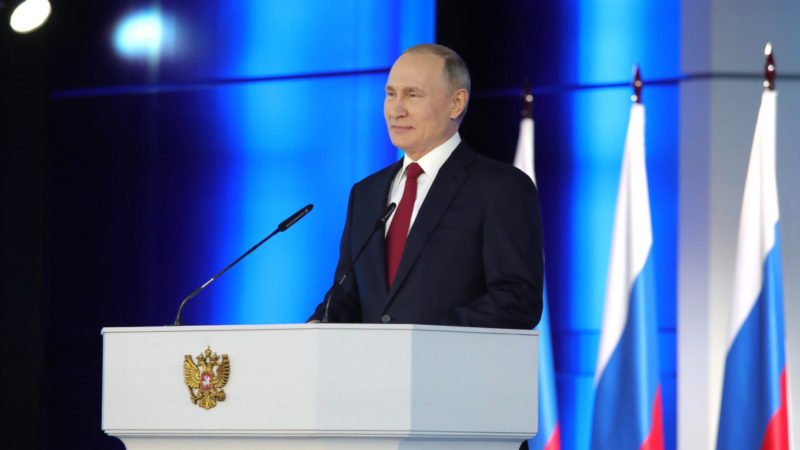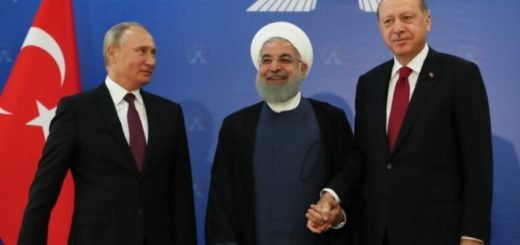Putin amends Constitution: the further expansion of the Russian Bear?

The world community is yet again concerned about the developments in Russia following President Putin’s decision to introduce a ban on the sale of Russian territories and get it enshrined in the country’s Constitution. Although it appears to be a domestic affair, it has evoked an array of worry from Western countries. What kind of signal is Putin sending to the world?
Of course, what immediately comes to mind is that the upcoming amendment is Russia’s attempt to perpetuate its grip on Crimea, which has been taken away from Ukraine forever. But is that so?
We cannot rule out that the amendment is a “legal” step ahead of preparation for more expansion in the future. Russia has a lot of “juicy morsels”, territories which it would be happy to annex, return or “regain control of”, as memories of the country’s vastness during the Soviet Union are still alive.
Being at the helm of such a large country like Russia, Putin is fully aware of global trends. He has chosen to cement the foundations of the state not on account of possible aggression on the part of the neighbours, but in connection with the main drivers of progress: globalization, capitalism, democracy. All these processes, as practice shows, are far from their materialization. Putin sees that in the context of globalization, instead of the disappearance of regional differences, as expected, they are preserved and strengthened throughout the world, which serves as a good reason for building up national identity and tradition and, of course, for strengthening borders.
Putin has no illusions about capitalism either; it is beneficial for Russia through cooperation within economic unions and associations such as SCO and BRICS. As for democracy, its absoluteness is utopian for the Russian conscienceness, because there is no mentality behind it, which is important in the case of Russia. Putin is thereby trying to adapt democracy to the conservative Russian reality.

Konstantin Leontiev, a Russian philosopher, respected by Putin, wrote: “Russia needs inner power, it needs tremendous organization, cast-iron discipline. If the new federative West proves to be strong, we will need this discipline to protect our independence, our individuality, from the onslaught.
If the West falls into anarchy, we will need the discipline to help this very West to save what is worthy of salvation, what it owes its grandeur to… If all these fears prove groundless and the West comes to its senses and makes a reasonable comeback to hierarchy, to discipline, then we will need hierarchy and discipline not to be worse, or lower, or weaker than it. We need less of the so-called rights, less of illusory benefits… It’s an illusion!”
Consequently, the West should bear in mind future Russian expansions which could be mental rather than territorial, as Russia’s policies on the world stage are once again gaining an ideological foundation, though the essence of this new ideology is not immediately clear.


















